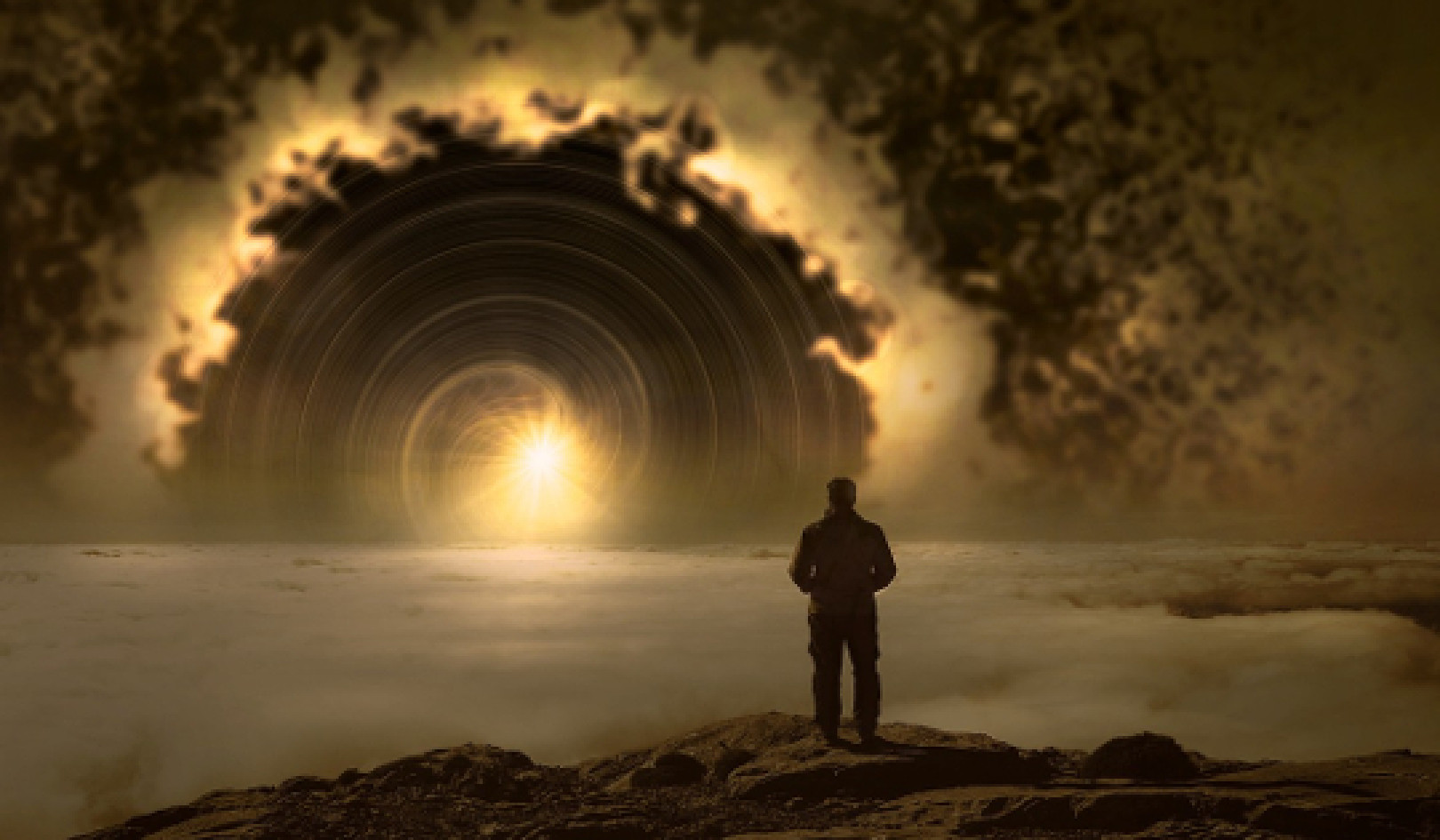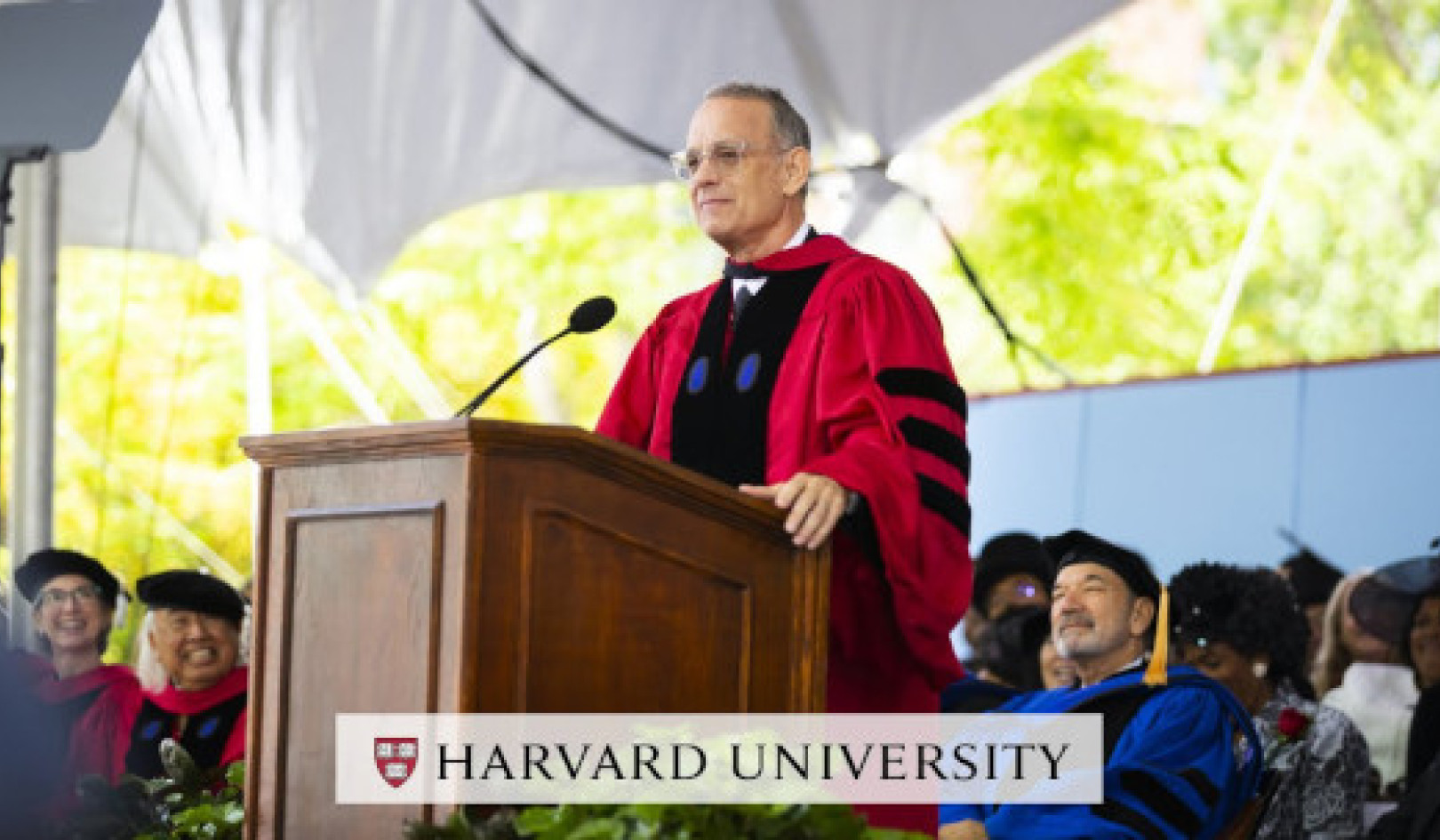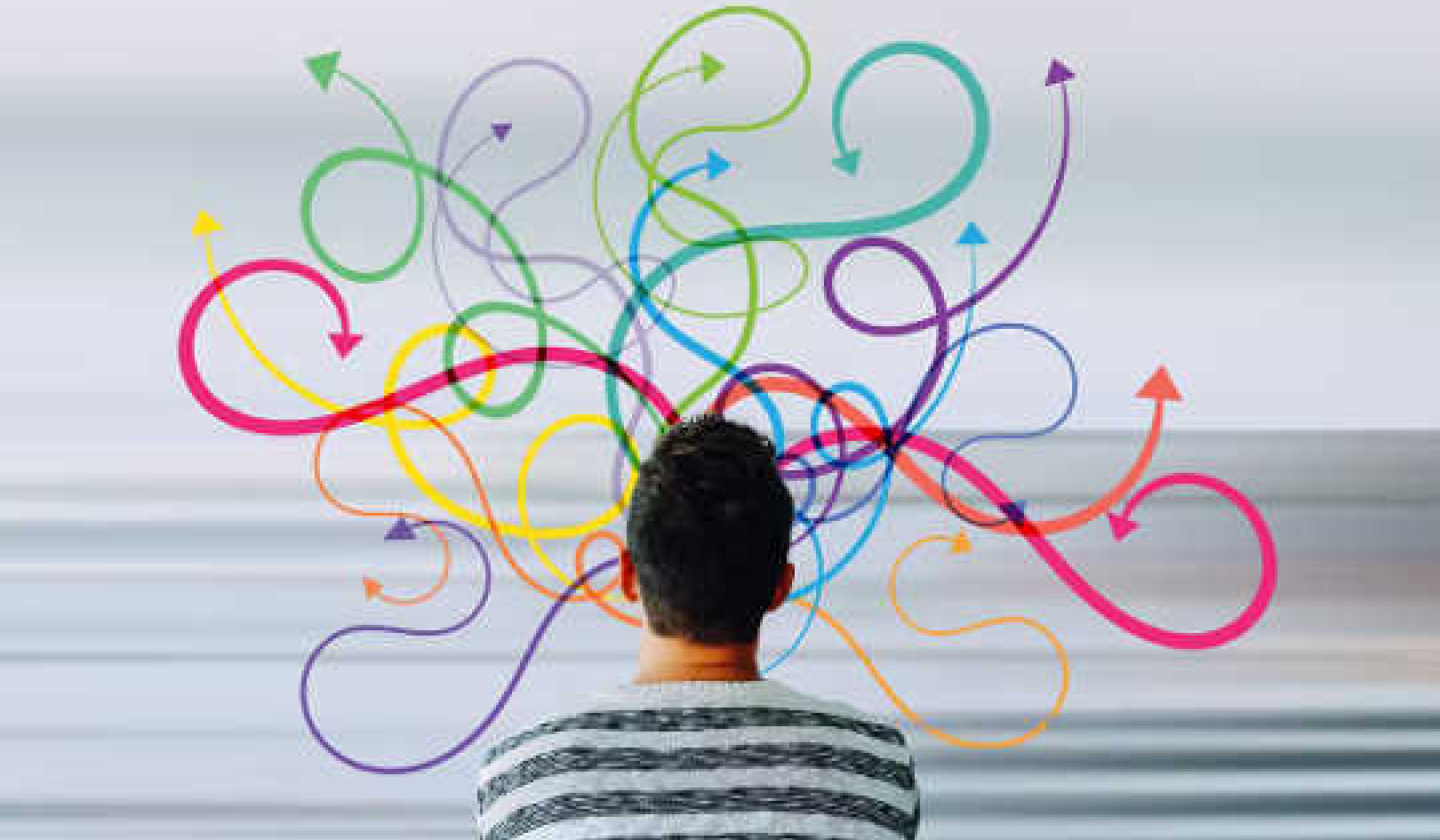
Our beliefs about love no longer match up with what's going on in the world, and they are contradicted when our relationships end. I call these out-of-date notions the obsolete mythologies of love.
Myth #1: Love Is Forever/Till Death Do Us Part
Our primary and probably most potent myth about love is that love is forever, that when we make a relationship, it will last for our whole lives. Our marriage vows — "Till death do us part" — are the public ceremonial expression of that myth. We expect the person we choose to be our partner for our whole lives.
It is this assumption in particular that makes breaking up so hard to do. In ending a relationship, we negate the myth of forever; we violate the assumption that our relationship will last us for our whole lives.
Because almost all of us have subscribed to the myth of forever, when our relationships end, the only thing we can say is, "I must not be any good; there must be something the matter with me. I created this relationship with the intention it would last forever, but now it's ending. It certainly can't be ending because the idea that love is forever is wrong, so it's got to be me who is wrong."
We spend an unbelievable amount of time in self-flagellation because we can't imagine that the notion of forever could possibly be inappropriate. But it is. There isn't a person in the United States who hasn't witnessed a divorce or the heartbreaking end of a romance. The truth is that relationships end. It is high time we explode the myth that love is forever, so that when we end relationships, we can do so without such devastating crises in self-esteem.
Myth #2: Love Is All-Inclusive/You Are My Everything
 Another one of these obsolete myths is that relationships are all-inclusive. When we make a relationship with someone, we assume he or she will be sufficient to meet all our needs. In other words, we believe that the person we love will be the one person with whom we always go to movies, with whom we always go out to dinner, with whom we go to church, with whom we have all our conversations about our bad day at the office or our ailing back, who knows all our troubles and to whom we unburden ourselves.
Another one of these obsolete myths is that relationships are all-inclusive. When we make a relationship with someone, we assume he or she will be sufficient to meet all our needs. In other words, we believe that the person we love will be the one person with whom we always go to movies, with whom we always go out to dinner, with whom we go to church, with whom we have all our conversations about our bad day at the office or our ailing back, who knows all our troubles and to whom we unburden ourselves.
We don't enter into relationships saying to ourselves, "Well, in my relationship I'm going to handle my needs for sex and a Friday night date, but I'm going to have an intellectual life with my friend Sally and a cultural life with my friend Stan." When we enter into a long-term relationship, we expect that 95 percent of our needs will be met in our primary relationships and the other 5 percent — well, we'll just forget about them.
We presume the person we love will provide us with companionship and entertainment, with intellectual and emotional stimulation, with physical solace and sexual satisfaction, that he or she will be our . . . everything. We think of a relationship as an exclusive and all-encompassing resource, and we conduct our lives according to this expectation.
It is because we have such all-encompassing and exclusive expectations for our relationships that we are devastated when they end. We are paralyzed not only by thoughts of loneliness — "What will I do for companionship now?" — but also by the aggravation of needing to learn, on what feels like a moment's notice, how to meet all our needs in a variety of other ways.
Why The Myths No Longer Apply
What's ironic about the forever and the all-inclusive myths is that they sprang up in times when the life span was half of what it is today. In those days, when a person said, "I'll love you forever," forever could be two years or ten years, but it very seldom approached the forty, fifty, or sixty years of marriage that could conceivably be possible today. They could get married and easily say, "until death do us part," because death often did part them, and the surviving partner would go on to marry again.
Relationships ended not because of what occurred within them, but because of external circumstances. It wasn't necessary to ask, "Did I fail?" "Did this relationship end because I wasn't okay?" None of these questions had to be asked because the usual cause of the ending — death — was out of everyone's hands.
When we apply these myths to ourselves now, however, they can only have one psychological result: we find ourselves in a crisis of self-esteem because we are unable to build relationships that are in accordance with these myths.
When A Relationship Ends...
When a relationship ends, it is vital to look at it through reality-colored glasses and ask, "What was it really about?" "What were we doing together, anyway?" We need to see what happened so that we don't feel guilty, so that we learn for the future, so that we can love again.
My experience in helping hundreds of people go through the painful process of parting is that it is only when we truly understand the meaning of our relationships — the tasks we undertook in them, the gifts we received from them — that we can survive their endings with our selves and our self-esteem intact.
Reprinted with permission of the publisher, Conari Press,
an imprint of Red Wheel/Weiser, LLC. www.redwheelweiser.com.
©2000, 2012 by Daphne Rose Kingma. All rights reserved.
This article was adapted with permission from the book:
Coming Apart: Why Relationships End and How to Live Through the Ending of Yours by Daphne Rose Kingma.
 Coming Apart is a first-aid kit for getting through the ending of a relationship. It is a tool that will enable you to live that experience with your self-esteem intact. For anyone going through the ending of a relationship Daphne Rose Kingma is a caring, sensitive guide.
Coming Apart is a first-aid kit for getting through the ending of a relationship. It is a tool that will enable you to live that experience with your self-esteem intact. For anyone going through the ending of a relationship Daphne Rose Kingma is a caring, sensitive guide.
Click here for more info or to order this book.
About the Author
 Daphne Rose Kingma is a psychotherapist, lecturer, and workshop leader. She is an author, speaker, teacher and healer of the human heart. The bestselling author of Coming Apart and many other books on love and relationships, Daphne has been a frequent guest on Oprah. Dubbed "The Love Doctor” by the San Francisco Chronicle, her extraordinary gift for sifting out the core emotional issues in any life situation has also earned her the affectionate title “The Einstein of Emotions.” Her books have sold more than a million copies and been translated into 15 languages. Visit her website at www.daphnekingma.com
Daphne Rose Kingma is a psychotherapist, lecturer, and workshop leader. She is an author, speaker, teacher and healer of the human heart. The bestselling author of Coming Apart and many other books on love and relationships, Daphne has been a frequent guest on Oprah. Dubbed "The Love Doctor” by the San Francisco Chronicle, her extraordinary gift for sifting out the core emotional issues in any life situation has also earned her the affectionate title “The Einstein of Emotions.” Her books have sold more than a million copies and been translated into 15 languages. Visit her website at www.daphnekingma.com




























